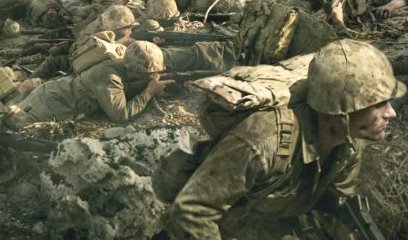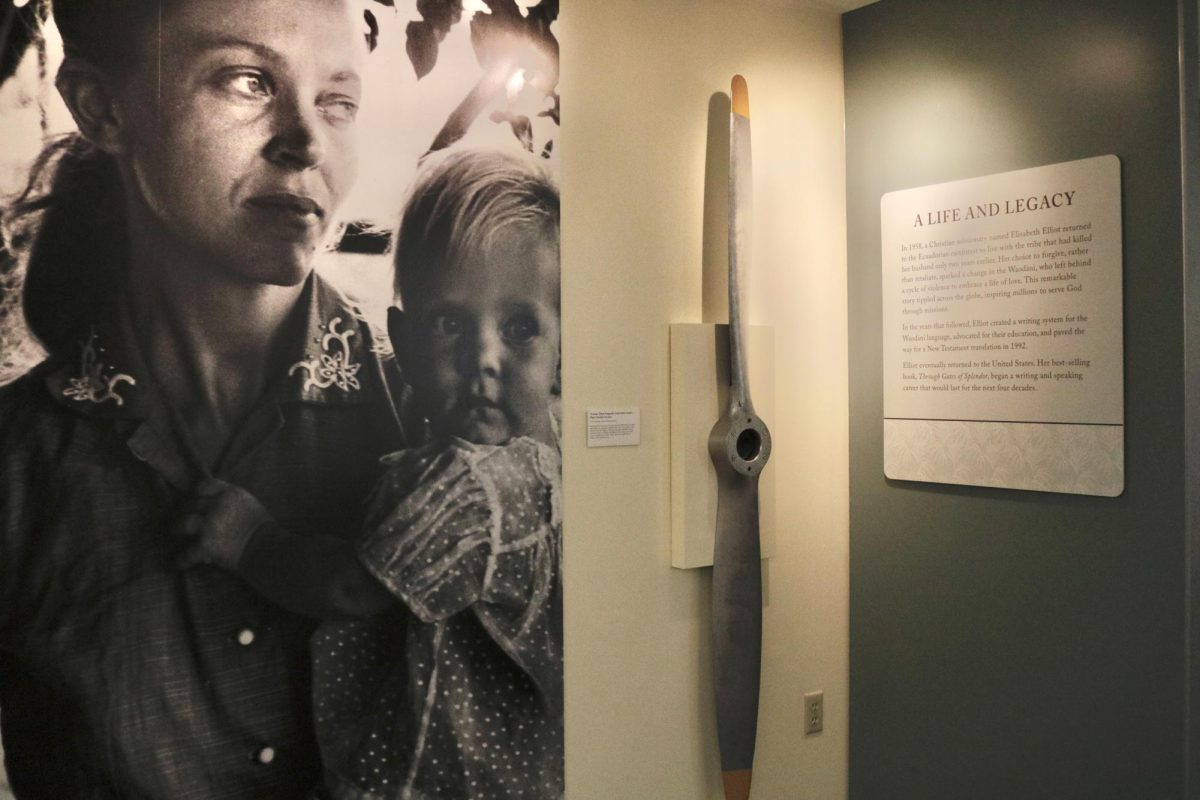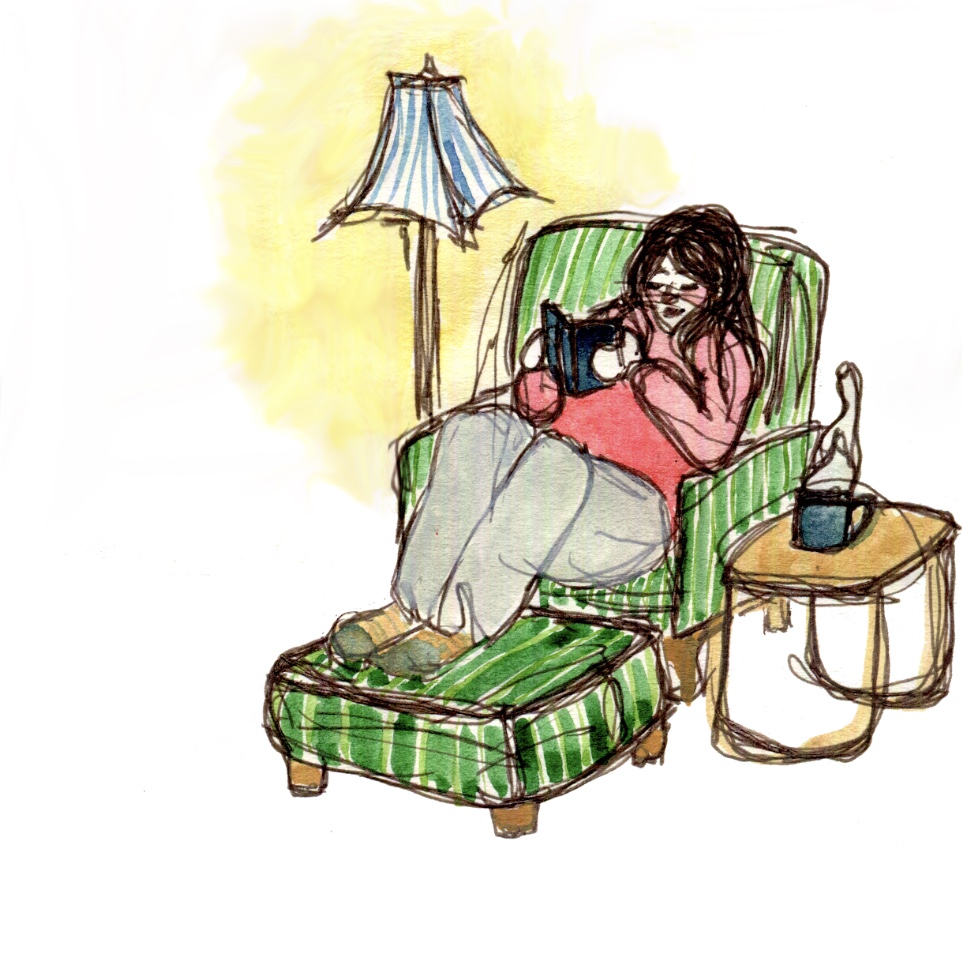Nearing the end of the series, Hanks and Spielberg’s “The Pacific” continues to be a paragon of quality war cinema. With its latest installment, part eight, the fantastic HBO miniseries continues by presenting a different point of view from the previous parts. This week, viewers peer into the life of Sgt. John Basilone, the solider awarded the purple heart and then sent home to campaign for the cause and sell war bonds.
Sgt. Basilone continues to struggle with the phony feeling he gets from “performing” for the American public to increase morale and sell war bonds. In a thought provoking scene, he and his brother stand around a radio microphone, holding scripts, and pretend to converse about the war and make mention of what a hero Basilone was.
This eats away at Basilone until he can no longer stand it, so he goes to his superior officer and requests to train new recruits for the Marines. Sgt. Basilone is a unique example of the dedication the Marines in World War II possessed during a fight as grueling as the ones experienced in the Pacific Theater.
After being able to rejoin and train new recruits at Camp Pendleton, Sgt. Basilone becomes wrapped up in a beautiful romance with a nurse sergeant at the camp. With its typical flair, “The Pacific” presents another dimension to the war; the desire for security, family and safety which soldiers long for during troubling times. We empathize with Sgt. Basilone because his needs are universal, are human, and it brings a wonderful relatability to the show.
In some scenes the viewer may not be able to empathize due to he or she never having experienced war. However the need and want for comfort and security is a worldwide experience and it helps bring about a connection between the viewer and the show.
Last week, I mentioned that the gruesome depiction of war in “The Pacific” reminded the viewer that war should be avoided at all costs. I received a letter from a reader who was concerned that I may not be on the side of justice when I uttered that phrase. Allow me to clarify.
War, the action whereby countries and men destroy each other for a cause, is a terrible thing. It is death and is one of the horrific outcomes of the fall of mankind. That being said, war is, in a few cases, a necessary thing, and it is in those cases that the question becomes “Which side, then, is the just side to fight on?”
Still, even when our idealism goes out the door we should still wish for the ideal to be in place, even if we aren’t allowed to obtain it. Even when facing a situation in which war is necessary, we still wish it wasn’t. I hope that this adds some clarity to which side I stand. I support the grim reality of war, and note that “The Pacific” also notes that it is a great evil, which, although it is being fought, would be better if it wasn’t.







